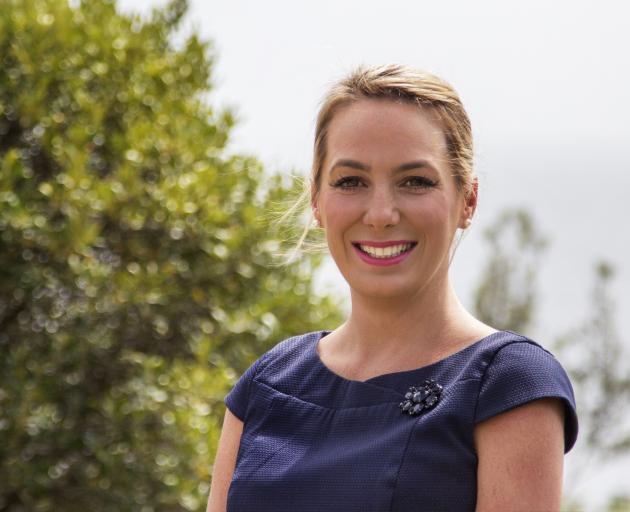
That is a motivating factor as she continues to grow and develop the business which helps people globally understand medical conditions.
Dr Chilman-Blair and fellow University of Otago graduate Kate Hersov originally developed children's health education brand Medikidz, which was the inaugural winner of the Audacious student start-up challenge in 2006.
Since Medikidz was launched in London in September 2009, millions of copies have been sold of comic books designed to help children understand medical conditions.
Nearly three years ago, Dr Chilman-Blair left Medikidz - which still continues - to focus more on an adult audience.
While those stories had been written for children, often it was adults who were getting more information from them.
Medical information was confusing ''for anybody'' and often it was more embarrassing for adults to say they did not understand it, she said.
So Medicine X was launched, providing information for people of all ages, but, unlike Medikidz, it did not use superheroes or a comic book format.
With advances in technology, it had gone digital and the stories were all based on real people, covering everything from breast cancer to rheumatoid arthritis.
Each story was different and experts in each specialist field reviewed them to ensure they were correct in terms of medical information.
Because it was all digital, it had opened up ''a whole new scope'' to be able to provide medical information for patients of all ages.
Digital communities of patients with a condition could also be established so ''it doesn't just finish with the story'', Dr Chilman-Blair said.
Already, a closed group for rheumatoid arthritis patients had been joined by nearly 1500 people.
Those people could go online and ask questions which were then answered by a doctor - ''it's like a safe place for them to communicate online'' - and they also supported each other.
One person told her they had learnt more from being part of that group than in 30 years of being diagnosed.
Often, people looked to ''Dr Google'' to find information and it was hard to know what was right and what was relevant, Dr Chilman-Blair said.
Dr Chilman-Blair, who previously had been based in the United States, moved to Australia nearly two and a-half years ago.
The move was driven by a desire to be a little closer to home and also to work on starting the new business in a smaller territory than the US.
However, in several weeks, she is moving to Los Angeles to open an office for Medicine X, a move she was excited about.
''Things just keep growing and happening ... one thing leads to another,'' she said.
There were 10 people in the Sydney office and already three in the US. The United States was the ''place to be'' with so much opportunity and so many patients.
Dr Chilman-Blair, who has three young sons, said the key to managing both work and family life was ''lots of help''.
''That's the secret, I don't do it all.''
At work, she had an ''incredible team'' while she also had a very supportive partner and her niece was full-time nanny. It would not be possible without them all, she said.
The Medicine X team was small but it was growing and the business expanding every day.
''Who knows what we will be doing in a year's time or five years' time?'' she said.
It was moving with the times, as technology changed, and it would continue to expand to how best meet the needs of patients.
Dr Chilman-Blair said her plan was to return to New Zealand with her family in five years.
She wanted her boys to learn to play rugby.











